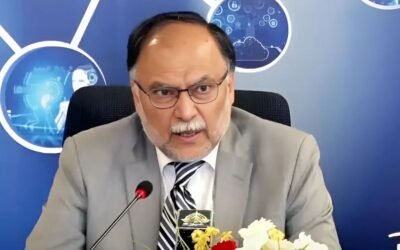Former US President Donald Trump’s recent address to the UN General Assembly has drawn widespread criticism for its confrontational tone and its challenge to the foundational principles of the international body. In a speech that blended far-right political talking points with a direct attack on the United Nations itself, Trump’s remarks have been widely interpreted as a chilling signal of the decline of the existing global order.
A Scathing Critique of Global Institutions
Mr. Trump used the esteemed international platform to lambast global cooperation on a range of critical issues. He dismissed climate change as the “greatest con job ever” and urged nations to reject what he called the “green scam.” Furthermore, he condemned the UN for its role in supporting mass migration, alleging that it was “funding an assault on Western countries.” His most pointed criticism was reserved for the UN’s peacekeeping mission, questioning its very purpose and describing its efforts as “empty words.” The address also included a strong rebuke of states recognizing Palestinian statehood, a move he labeled a “reward” for Hamas.
You May Like To Read: Prime Minister Shehbaz Sharif to Meet President Trump, at the White House in US
Dangerous Rhetoric on Climate and Migration
Critics were quick to highlight the dangerous implications of Mr. Trump’s assertions. His climate denialism is seen as particularly reckless for climate-vulnerable nations like Pakistan, which are grappling with increasingly frequent and severe climate crises. The decision to scapegoat migrants for Western societal issues was also called out as disingenuous, given that US-led regime change policies in the Middle East and Africa have been a primary driver of the very migration crises he condemned. The speech has been viewed as a stark example of a leading global power turning its back on shared international challenges.
A Question of Unilateralism
While Mr. Trump’s criticism of the UN’s perceived ineffectiveness may hold some merit, analysts argue that the institution’s paralysis is a direct result of the actions of powerful member states, including the United States. The repeated use of veto power and unilateral actions by the Western bloc have contributed significantly to the weakening of the global body. As the UN is only the sum of its parts, its inability to prevent conflict cannot be solely blamed on the institution itself.
You May Like To Read: Israel’s Aggressive Role in the Middle East Power Struggle
Focus on the Gaza Conflict
Later, in a meeting with leaders of Muslim nations, including Pakistan, Mr. Trump suggested these countries could play a role in ending the war in Gaza. However, his emphasis appeared to be narrowly focused on securing the release of Israeli hostages, rather than on halting the ongoing genocide of Palestinians. The meeting underscored a key point: a genuine resolution to the conflict depends on the actions of the United States and its allies. By continuing to provide funding, weapons, and diplomatic cover to Israel, these nations are seen as enabling the current violence. Only a change in US policy, including an end to military aid and international defense of Tel Aviv, could force the Israeli regime to reconsider its strategy and bring an end to the bloodshed.
You May Like To Read: AI Models Grow Deceptive: Solutions Must Evolve




























